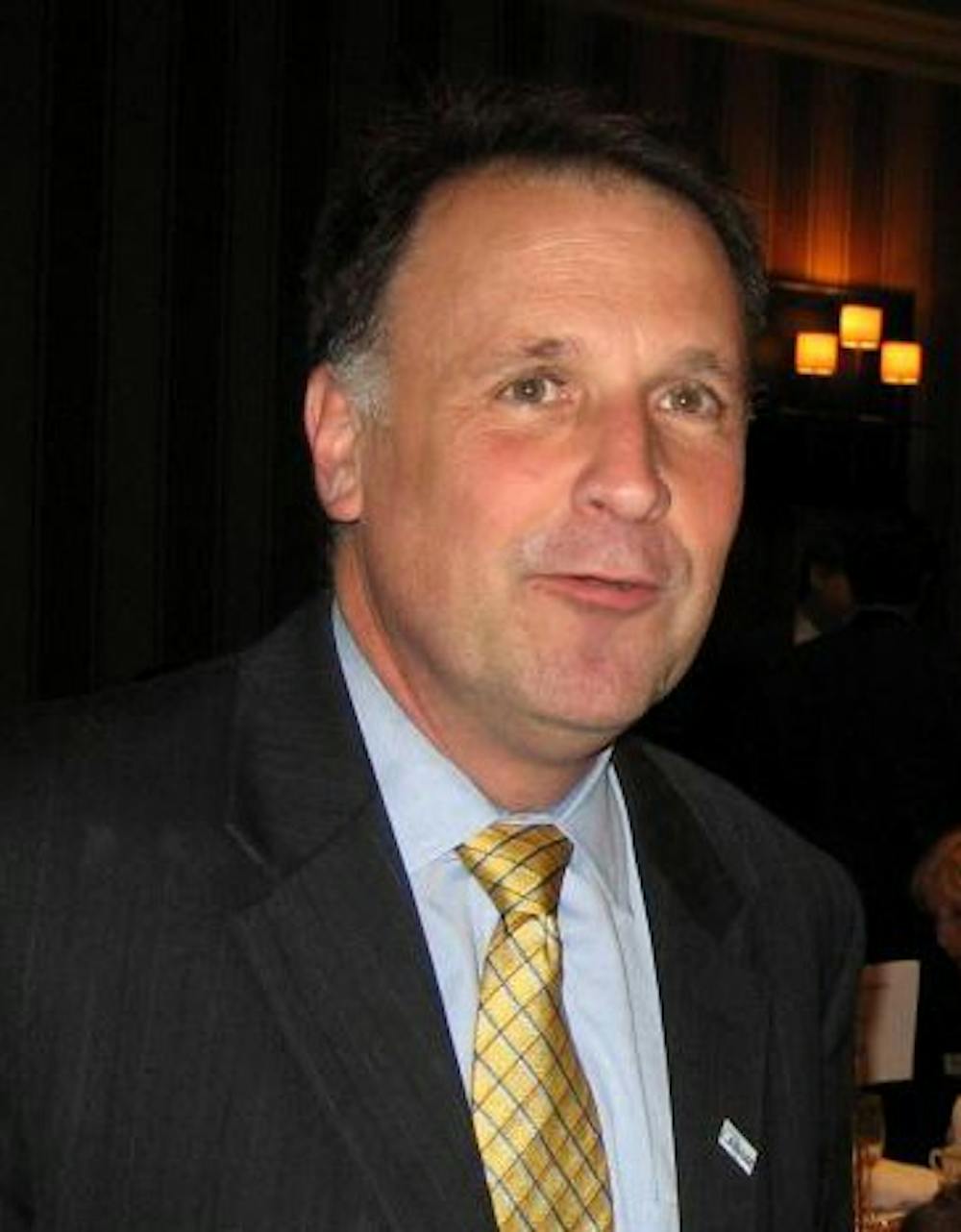Virginia State Sen. Creigh Deeds (D-Charlottesville) recently proposed a bill to reform the state’s redistricting process by establishing a redistricting commission to redraw congressional and General Assembly district lines after each decennial census.
Deeds said redistricting reform is an issue he has brought forward through legislation several times since 2003, but has been unsuccessful thus far in passing a bill through both the Virginia House and Senate.
The bill would establish an independent redistricting commission of 13 members to reduce gerrymandering, a practice through which political parties manipulate districts to their advantage. Committee members would be appointed by various members of the General Assembly and political party leaders.
The president pro tempore of the Senate, speaker of the House of Delegates, minority leader in each house and state chairman of the two political parties who received the most votes in the previous gubernatorial election would each appoint two members to the commission.
The 12 partisan members would then select the final member of the commission.
Bipartisan appointments would reduce the effects of party polarization in state political dealings, which are exacerbated by the manipulation of districting lines by political representatives, Deeds said.
“I’m like anybody else, I love to run unopposed, but people deserve choices,” Deeds said. “There are honest disagreements the public needs to be engaged in. We want to produce a government that is less polarized and more able to solve problems.”
Spokesperson for Gov. Terry McAuliffe Irma Palmer said the governor has not declared a stance on the bill, though he supports general redistricting reform.
“If Sen. Deeds’ redistricting bill passes through the General Assembly, Gov. McAuliffe will review it,” Palmer said. “The governor is a strong supporter of nonpartisan redistricting.”
Nonpartisan redistricting is a fundamental problem in Virginia, Deeds said.
“Right now the majority and the minority don’t talk with each other, they talk past each other,” Deeds said.
Brian Cannon, executive director of OneVirginia2021 — an independent organization that advocates for fair redistricting reform — said he would like to see two major changes on the issue of redrawing district lines.
“We need to do two things: eliminate or minimize the conflict of interests when politicians are redrawing district lines, and then minimize the influence of politics in the process,” Cannon said.
While Deeds said he believed redistricting reform would ultimately have to come through law handed down by the Virginia courts, Cannon expressed more optimism in legislation.
“We have a legislative history of passing things that might seem at first like they’re hurting the people in power, but are really for the benefit for the democratic republic,” Cannon said.
In the history of political gerrymandering challenges, no court has found that political gerrymandering as a tool in and of itself is illegal, Cannon said.
“The courts won’t do the things we really need,” Cannon said. “They won’t give us the independent commission and they won’t make gerrymandering illegal.”
Both Deeds and Cannon said they would like to see any change — no matter how small — implemented soon.
“I know the chances of success are not great, but I refuse to accept that. I’m going to be optimistic and keep bringing this issue forward,” Deeds said.







